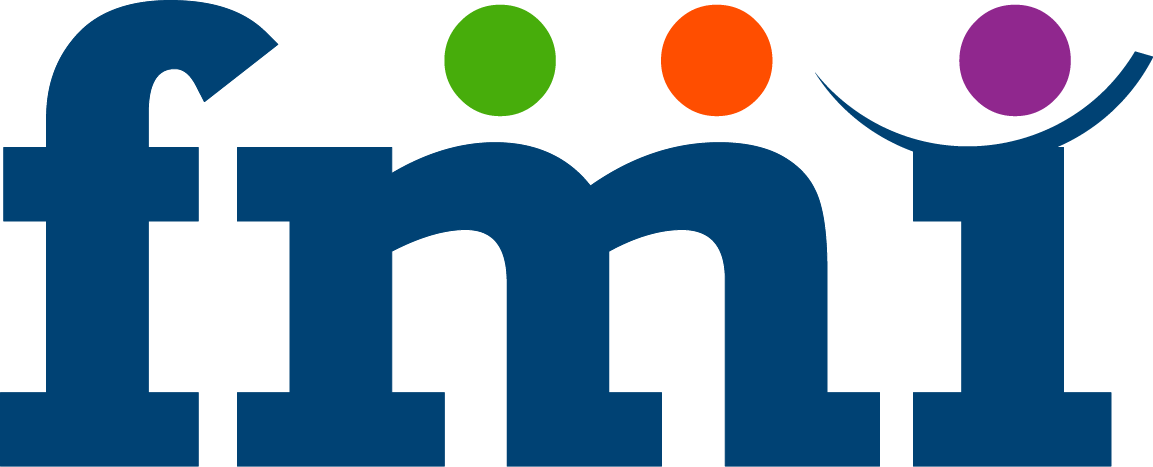Future Market Insights (FMI) delivers key insights on the global non-alcoholic malt beverages market in its upcoming outlook titled ‘Global Market Study on Non-alcoholic Malt Beverages: Pairing Options with the Flavors of Non-alcoholic Malt Beverages Likely to Please the Food Palates of Consumers’. In terms of value, the global non-alcoholic malt beverages market is projected to register a healthy CAGR of 4.0% during the forecast period, due to various factors, regarding which, FMI offers vital insights in detail.
Non-alcoholic malt beverages are non-alcoholic drinks that have the nutritional content of that of barley. Non-alcoholic malt beverages and other non-alcoholic drinks is the new trend that is coming up as a healthier alternative to alcoholic drinks. The negative factors of alcoholic drinks are far higher. Thus, the market for non-alcoholic malt beverages is expected to increase in the coming years in all parts of the world. Non-alcoholic malt beverages are already very popular in the in the Middle East due to them getting halal certification. Consuming non-alcoholic malt beverages has also become a statement of higher living standards. Also, the taste of malt beverage is good as compared to that of alcoholic beverages. Non-alcoholic malt beverages are available in the market in many different flavors so that people get a choice to select their preferred drink. A few non-alcoholic malt beverages resemble beer in taste, and the only difference remains that these non-alcoholic malt beverages contain zero percent alcohol. The consumption of non-alcoholic malt beverages can be done by consumers irrespective of the religious and age factors due to the no alcohol content.
In terms of revenue, the global non-alcoholic malt beverages market is expected to represent an incremental opportunity of US$ 856.2 Mn by 2018 end over 2017. By product type, the dairy-based non-alcoholic malt beverages segment is expected to register a CAGR of 4.1% in the non-alcoholic malt beverages market.
Get Sample Copy of Report @ https://www.futuremarketinsights.com/reports/sample/rep-gb-7424
Non-alcoholic Malt Beverages Posing a Healthy Alternative to Alcoholic Drinks
Consumers are looking for healthy alternatives in the market for the every products that they consume. Alcoholic beverages contain a high amount of alcohol, and are unhealthy if consumed on a daily basis. Also, if consumed on a daily basis or in excess, certain diseases are bound to occur. The nutritional content in alcoholic beverages is very less or almost equivalent to zero. The search for a healthier and nutritional alternative has led to the interest in non-alcoholic malt beverages. Malt is a source of sugar and nutrients that are obtained from the ingredients added in making non-alcoholic malt beverages. Also, most companies incorporate extra nutrients into their non-alcoholic malt beverages, which makes their market value higher. For example, many non-alcoholic malt beverages such as Milo, Vitmalt, Hollandia Chocomalt, etc., have extra nutritional content incorporated during the production of the RTD non-alcoholic malt beverage. Due to this, they are used by athletes and are also given to children as an energy drink.
Non-alcoholic malt beverages is also an upcoming trend seen in countries that have an improved economic condition, where the consumption of beverages is a must in social gatherings, and the standard of living is high. The appeal of non-alcoholic malt beverages is also increased due to social media, which is being used by most companies, especially targeting the youth population. Women are also seen to be consuming RTD non-alcoholic beverages such as non-alcoholic malt beverages. Women have always been known to try different flavors and experiment with their drinks. Also, the health factor is given importance by women, and non-alcoholic malt beverages, having no alcohol, are proving to be a healthy option.
Ask The Analyst @https://www.futuremarketinsights.com/ask-the-analyst/rep-gb-7424
Companies could focus on reaching the consumer base in several untapped markets in order to generate sales and increase revenue from the global non-alcoholic malt beverages market. There are several regions where malt-based beverages are imported from other countries. This leads to the high cost of premium products, as such, affecting sales in these regions. Companies are focusing on expanding and manufacturing their premium products in these regions itself, leading to comparatively lower costs. Low penetration in a few regions, coupled with the high costs of premium imported products, create an opportunity for manufacturers to expand in such regions.



